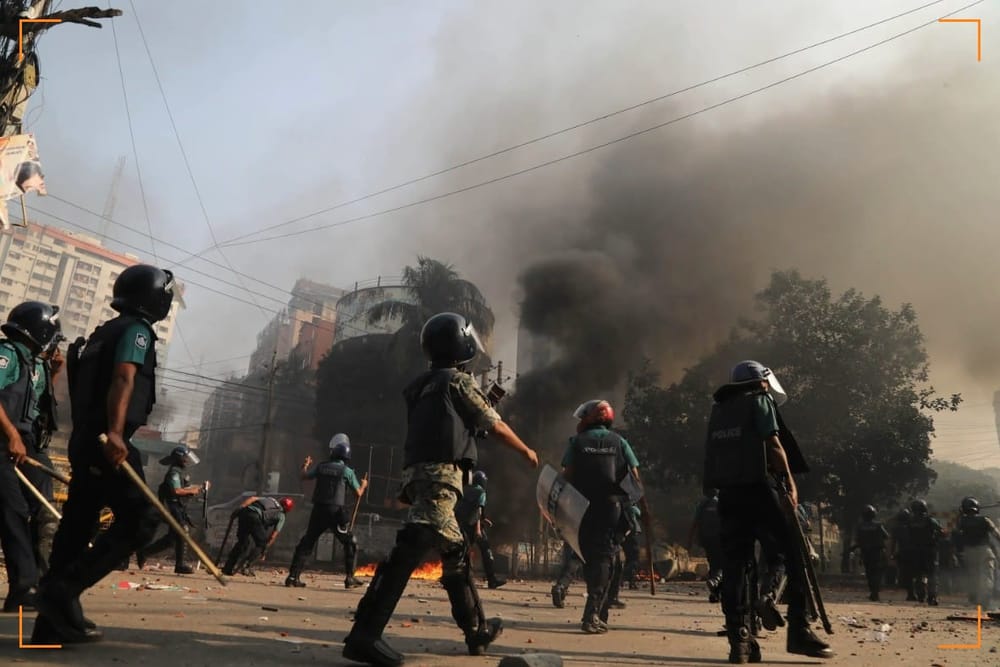
Report Details
Initial Publish Date
Last Updated: 24 APR 2025
Report Focus Location: Asia-Pacific
Authors: DP, ZR
Contributors: GSAT
GSAT Lead: MF
RileySENTINEL provides timely intelligence and in-depth analysis for complex environments. Our global team blends international reach with local expertise, offering unique insights to navigate challenging operations. For custom insights or urgent consultations, contact us here.
Report Summary
This report presents a thorough examination of the current geopolitical and security environment of the Asia Pacific Region, with an emphasis on developments in Afghanistan, North Korea, Myanmar, Bangladesh, Sri Lanka, the Philippines, and Thailand. Significant concerns include rising geopolitical tensions and operational risks across the Asia-Pacific region. In Afghanistan, mass deportations from Pakistan and drastic aid cuts threaten an already fragile humanitarian landscape. The declaration by North Korea that its nuclear weapons status is irreversible, coupled with its warship construction and provocative rhetoric, heightens regional instability. Meanwhile, Myanmar continues to reel from the aftermath of a catastrophic earthquake, as relief efforts face funding shortages and ceasefire violations undermine recovery.
Security dynamics are intensifying, with large-scale U.S.-Philippine military drills provoking Chinese condemnation, and joint naval exercises between China and Cambodia near Thailand raising U.S. concerns. Bangladesh’s efforts to reopen diplomacy with Pakistan and resume Rohingya repatriation initiatives signal potential for long-term stabilization, yet border insecurity and investor protection remain key challenges.
On the economic front, the region is absorbing the impact of aggressive U.S. tariff hikes. Bangladesh, Myanmar, and Thailand are facing sharp export losses, while Sri Lanka and the Philippines are cautiously navigating recovery. Amid uncertainty, energy cooperation, defense agreements, and targeted investments—such as LNG imports in Thailand and Rosatom’s SMR project in Myanmar—offer glimpses of resilience. Organizations operating in Asia-Pacific must contend with overlapping political, security, and trade disruptions requiring flexible, risk-informed strategies.
Remaining content is for members only.
Please become a free member to unlock this article and more content.
Subscribe Now





